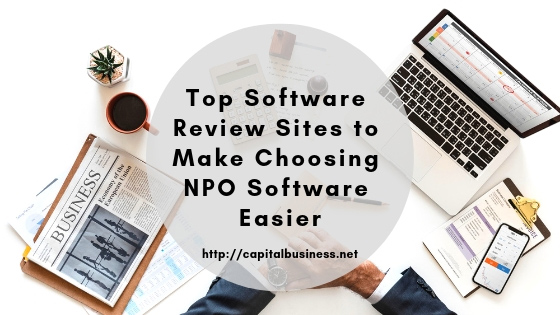
The use of a learning management software (LMS), will simplify the administration and monitoring of training. It can help you organize courses, track training results, evaluate learning outcomes, and even manage them. LMSs allow you to schedule online exams, and even create question banks. LMSs are particularly useful in regulated industries, where employees need specific certifications.
LMS software must offer post-implementation support and in-house expert consultation. This will help you decide which features are best suited for your needs. LMS software must also be simple to use. Ideally, the LMS should offer support for multiple languages.
You can also look online to find out which LMS software has received the most reviews. These reviews should give you an overview of the LMS's functionality and features. Reviewers should be able to share their user experiences.

Consider whether live demos are available for the LMS that you select. These live demos can help you get to know how the software works. An LMS demo can be approached by preparing a list or use cases. Ask the vendor to explain how the LMS will suit your needs.
Consider whether the LMS supports classroom based learning. LMSs can be used to host e-conferences or online sessions with multiple people. These platforms also have video conferencing options.
The LMS should also allow you to upload multimedia content such as images and text. It is also important to check if the software supports e-commerce. This feature allows you sell courses to third-parties, track sales, and integrate payment gateways. Some LMSs offer reporting capabilities. A mobile app is a great option, as it allows you to study anywhere.
It doesn't matter if you go with an on-premise LMS or a cloud-based one, security and uptime should be considered. It is also worth checking for awards and support services. It is best to choose LMSs that have been around for a while and have a track record.

It is also important to examine the pricing model for the LMS. LMS software prices tend to increase with increasing users. However, in some cases, LMS software is free. You can also find open source and community-built systems, such as Moodle and Canvas. These LMSs are free and do not require licensing fees. These LMSs may not be as flexible as commercial software.
You should also consider the cost of an LMS subscription model. LMS systems that are cloud-based use the subscription model more often. These softwares are usually priced based on the number of users, but they can also be billed per month. Tiered pricing plans are offered by many vendors. This allows you to pick the best option for what you need. Also, make sure to verify that your LMS includes software updates. This will ensure that you have the latest software and allow for scalable functionality.